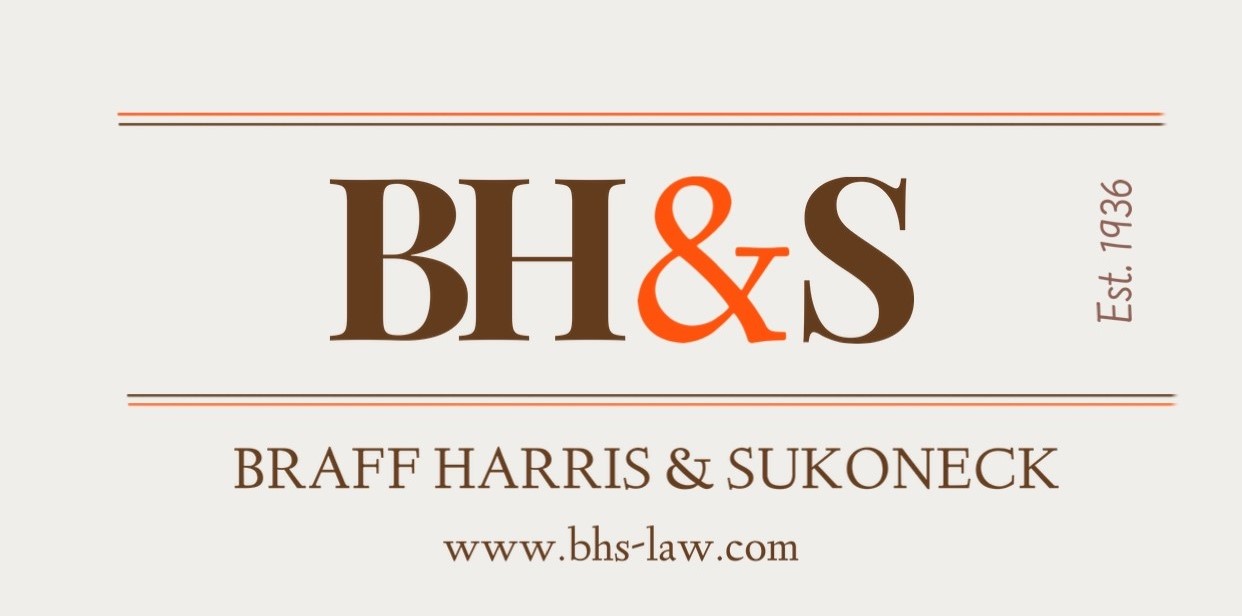|

NJ Law Review Update
Can plaintiff’s attorneys and/or their paralegal assistants attend, videotape or record a defense independent medical examination?
We have experienced an increasing demand by plaintiff’s attorneys that they or their assistants be allowed to attend a defense medical examination, and in some cases, record the audible dialogue and videotape the examination itself. We have resisted these demands with mixed success. In New Jersey, and in most jurisdictions, plaintiff must establish good cause pursuant to Court Rule. Case law provides the following generalized guidelines:
“Plaintiffs who wish to alter the standard procedure for IMEs should respond to a motion to compel to an IME pursuant to the standard set forth above. Plaintiff should specify reasons why a deviation from standard practice is necessary and should specify which modality they are requesting, that is whether they are requesting that their attorney be present, the exam be videotaped, audio recorded or attended by a third party other than counsel. An explanation of why the particular method chosen is best should also be presented to the court. With this information before it, the court can then in its discretion determine whether there is good cause for allowing the attendance of a third party or the presence of a recording device in each case.” Briglia v. Exxon Co., USA, 310 N.J. Super. 498, 506, 708 A.2d 1246, 1250 (Law. Div. 1997).
Most physicians who perform impairment evaluations use the AMA's Guides to the Evaluation of Permanent Impairment. In connection with the Guides, the AMA publishes "The Guides Newsletter." An article, "Observation Compromises the Credibility of an Evaluation," addresses attendance at an impairment evaluation by some third person (disinterested or not) or video or audio recording. While the entire article is well worth the reading, three short extracts will provide important conclusions.
That research has reliably demonstrated that any form of observation results in a change in the examinees presentation. The change in the examinee's presentation is directly attributable to the simple fact that he or she is being observed. In other words, the presentation changes even when the observer does not intend to have any effect on it, even when the observer makes no effort to change it, even though there is not any interaction between the observer and the examinee, even though the observation (and the observer) is completely passive, and even when the observer is not visible to the examinee. (Page 2).
The physical presence of the observers is not necessary in order for the social facilitation and inhibition effect to occur. Studies of this phenomenon have demonstrated that it occurs when the observation takes place from behind a one-way mirror, through closed‑circuit television, through audio recording, and through video recording. The only essential factor is the examinee's awareness or belief that the evaluation is being observed, will be observed, or can be observed. (Page 3).
The article concludes that to conduct an examination under the circumstances of third-party attendance or recording, would produce conclusions that are not necessarily credible or valid.
By allowing observation, the evaluator is sending an implicit message that a credible evaluation can be conducted with an observer present. Given the science discussed above, that message would be false. (Page 4).
It is our recommendation to generally resist this intrusive request for the reasons expressed in the above article. After all, the defense does not have the opportunity to request the same intrusive behavior of the plaintiff who are examined without notice to the defense. By utilizing the arguments explained above, we will increase the likelihood of a Court denying plaintiff’s application to witness a defense medical examination.
Past News Letters
|
